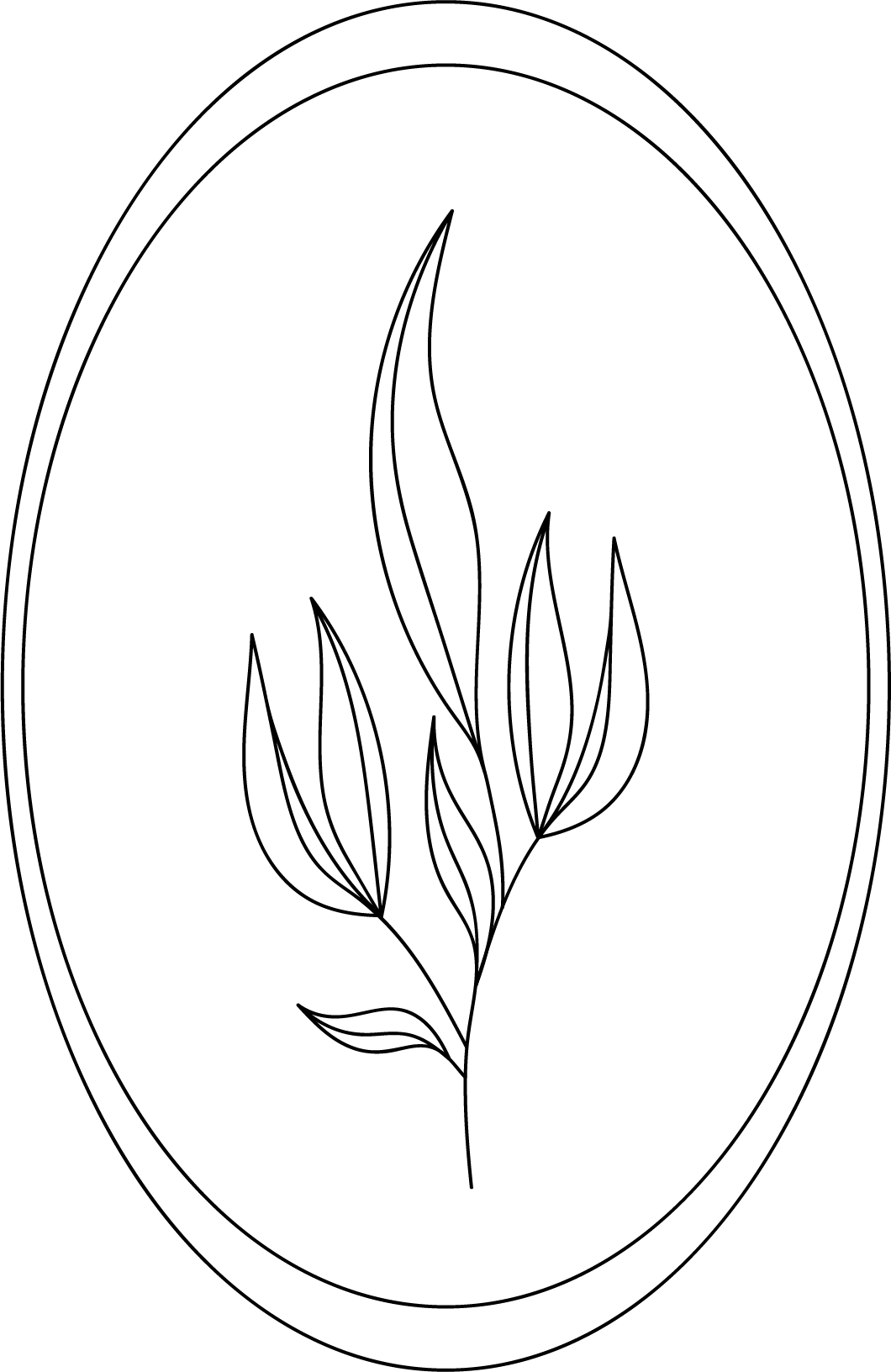3 Ways to Boost Serotonin “Naturally”
Serotonin (5-HT or 5-hydroxytryptamine) is a neurotransmitter found predominantly in the brain and is involved in maintaining regular mood, reducing anxiety and increasing happiness. It assists with regulating sleep, appetite, and mood and low levels have been associated with insomnia, premenstrual syndrome, irritable bowel syndrome, anxiety and depression. Some refer to serotonin as the ‘happy hormone’.
Multiple studies have linked low blood serotonin levels to low mood and vice versa. There have been various methods of increasing brain serotonin without drugs/non-pharmacologically. And some of these methods will be described below.
Dietary
Precursors (‘building blocks’) for serotonin include tryptophan, an amino acid. Foods rich in tryptophan include turkey, pumpkin and sesame seeds, eggs, wild fish, milk, whole grains, legumes, pineapples, cocoa, avocados, tomatoes, plums and potatoes.
However, plant-based sources of tryptophan have been shown to be more effective at increasing brain serotonin synthesis compared to animal-based tryptophan sources. Carbohydrates will increase insulin to increase muscle uptake of non-tryptophan amino acid sources. This then gives tryptophan first priority access to enter the brain. Thus, individuals should consider carbohydrate-rich/low-protein sources of tryptophan over high-protein tryptophan sources to boost serotonin levels.
2. Light Exposure
Light exposure is used as a standard treatment for SAD (seasonal affective disorder) in addition to premenstrual dysphoric disorder (PMDD, a severe type of PMS). Exposure to both dim and bright light (50 and 2500 lux respectively) have been shown to improve serum serotonin levels throughout the day. In addition, higher serotonin levels have been measured in post-morterm brains of those who have died in summer compared to winter.
3. Exercise
The National Health Service recommends half an hour of daily exercise over antidepressants to treat mild depression due to the poor risk-benefit ratio that antidepressants offer. Aerobic exercise increases the levels of tryptophan (a precursor of serotonin) and the synthesis of serotonin. It is believed that exercise activates the muscles which then allows more tryptophan (a precursor to serotonin) to cross through the blood-brain barrier (BBB) to reach the brain.
When it comes to the most effective ‘type’ of exercise, I would recommend picking something you enjoy. When you participate in an exercise you enjoy, you’re more likely to obtain intrinsic motivation to continue said exercise resulting in better long-term adherence.
Try out walking and listening to a podcast, going for a swim during Summer, dancing to a Youtube video, or even rebounding. Hiking in nature with friends is what I would recommend trying out at least once though, as this activity combines socialising, vitamin D exposure and exposure to nature (‘forest bathing’) all in one.
Note. This isn’t to discourage anyone from taking antidepressants/medications that increase serotonin levels. Please speak to your healthcare practitioner if you are struggling with your mental health. Some other resources available are Black Dog Institute, Beyond Blue, Lifeline, Reachout and Headtohealth.
REFERENCES
Kandola, A., & Matta, H. (2020). How to increase serotonin: 4 scientifically proven methods. Retrieved 6 November 2020, from https://www.medicalnewstoday.com/articles/how-to-increase-serotonin
Prasad, C. (1998). Food, mood and health: a neurobiologic outlook. Brazilian Journal Of Medical And Biological Research, 31(12), 1517-1527. doi: 10.1590/s0100-879x1998001200002
Rao, M., Müller-Oerlinghausen, B., Mackert, A., Stieglitz, R., Strebel, B., & Volz, H. (1990). The Influence of Phototherapy on Serotonin and Melatonin in Non-seasonal Depression. Pharmacopsychiatry, 23(03), 155-158. doi: 10.1055/s-2007-1014499
Wurtman, R., Wurtman, J., Regan, M., McDermott, J., Tsay, R., & Breu, J. (2003). Effects of normal meals rich in carbohydrates or proteins on plasma tryptophan and tyrosine ratios. The American Journal Of Clinical Nutrition, 77(1), 128-132. doi: 10.1093/ajcn/77.1.128
Young, S. (2007). How to increase serotonin in the human brain without drugs. Journal Of Psy Haitry And Neuroscience, 32(6), 394-398.
